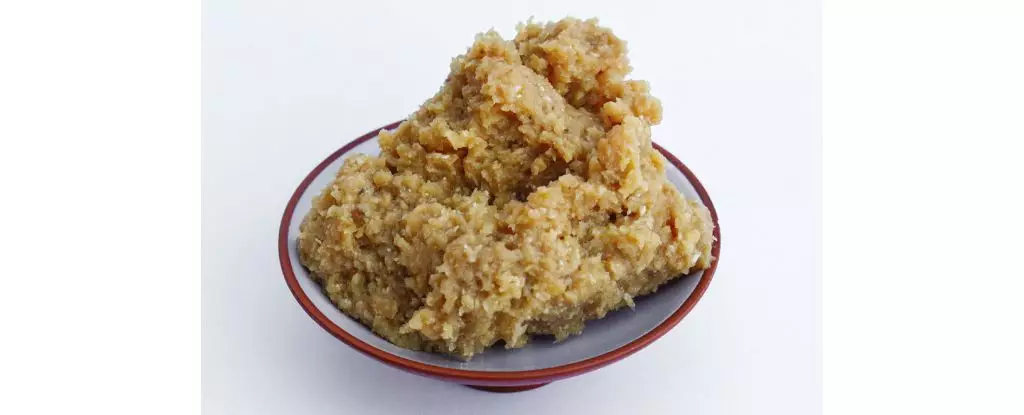The exploration of life beyond Earth often revolves around the quest for microbial life, environmental sustainability, and the potential for human habitation. However, a recent experiment highlights an intriguing angle: the culinary impact of space on fermented foods, particularly miso. This Japanese staple, cherished for its umami flavor, has been subjected to the rigors of space fermentation aboard the International Space Station (ISS), leading to surprising results that not only challenge our understanding of food science but also raise ethical questions about microbial life in extraterrestrial environments.
Fermentation: A Cosmic Experiment
In a groundbreaking endeavor, scientists from MIT and the Technical University of Denmark conducted an experiment that compared the fermentation of miso on Earth with that conducted in the microgravity of the ISS. The setup was straightforward yet innovative: three batches of miso starter were prepared and dispatched to different locations: Cambridge, Massachusetts; Copenhagen, Denmark; and the ISS. The space miso underwent fermentation in a controlled environment designed to monitor various factors including temperature and radiation, while the Earth-based batches experienced slightly different conditions.
This setup was not merely for gathering data on the fermentation process; it represented a crucial step toward understanding how life can adapt and thrive in environments completely different from those on Earth. The implications extend well beyond the kitchen, hinting at deeper philosophies regarding our stewardship of life forms as we venture into the cosmos.
The Flavor Profile of Space
Upon comparing the fermented miso from space and Earth, researchers noted discernible differences in flavor and microbial composition. The spatial miso exhibited a nutty, roasted flavor profile unlike its Earthly counterparts, possibly due to pyrazine compounds generated in the warmer temperatures of the ISS. This unique flavor experience is emblematic of how space can alter even the most fundamental aspects of culinary traditions, revealing that the environment we inhabit can shape not just our biology but our gastronomy as well.
Interestingly, the microbial makeup in the space miso also diverged from that found in the Earth-based samples. Notable increases in certain bacteria, such as Staphylococcus epidermidis and Bacillus velezensis, pointed to the adaptability of microbial life under the unique challenges of microgravity. It raises compelling questions about food safety and microbial management in future space missions, not to mention the potential benefits that these unique microbial communities could bring to human health.
Microbial Life and Ethical Considerations
Maggie Coblentz, an industrial design scientist involved in the research, captures the crux of the findings, stating that these results compel us to reconsider our assumptions about life in space. Traditionally perceived as a sterile environment, the ISS actually serves as a complex ecosystem where diverse microbial communities have their own agency. This realization prompts deeper bioethical questions surrounding the transfer of Earthly life forms to extraterrestrial environments, igniting discussions about the ecological balance we have yet to understand.
In an age of heightened awareness regarding biodiversity conservation on Earth, it seems paradoxical yet essential to consider how we might mismanage life forms by introducing them into alien ecosystems. Our pursuit of knowledge in space exploration must be tempered by our responsibilities as caretakers of life, both on our home planet and beyond.
The Implications for Future Missions
The findings from this miso experiment do more than tantalize the taste buds; they hold vast implications for future space missions. As astronauts embark on long-duration journeys to Mars or other celestial destinations, their dietary requirements evolve. Enhancing their culinary experience through scientifically-informed fermentation processes could play a pivotal role in not just nutritional sustenance, but also psychological well-being.
Joshua Evans, a food scientist participating in the research, emphasizes the potential for such explorations to radically transform our understanding of food science, taste perception, and even the social dynamics associated with eating in space. By delving into the intersection of microbiology, flavor chemistry, and sensory science, we uncover ways to adapt human habits in alignment with the realities of space travel.
Through the lens of culinary experimentation, we gain vital insights that could redefine not just how we nourish ourselves in the cosmos, but how we view and respect the intricate web of life, wherever it may exist.


Leave a Reply